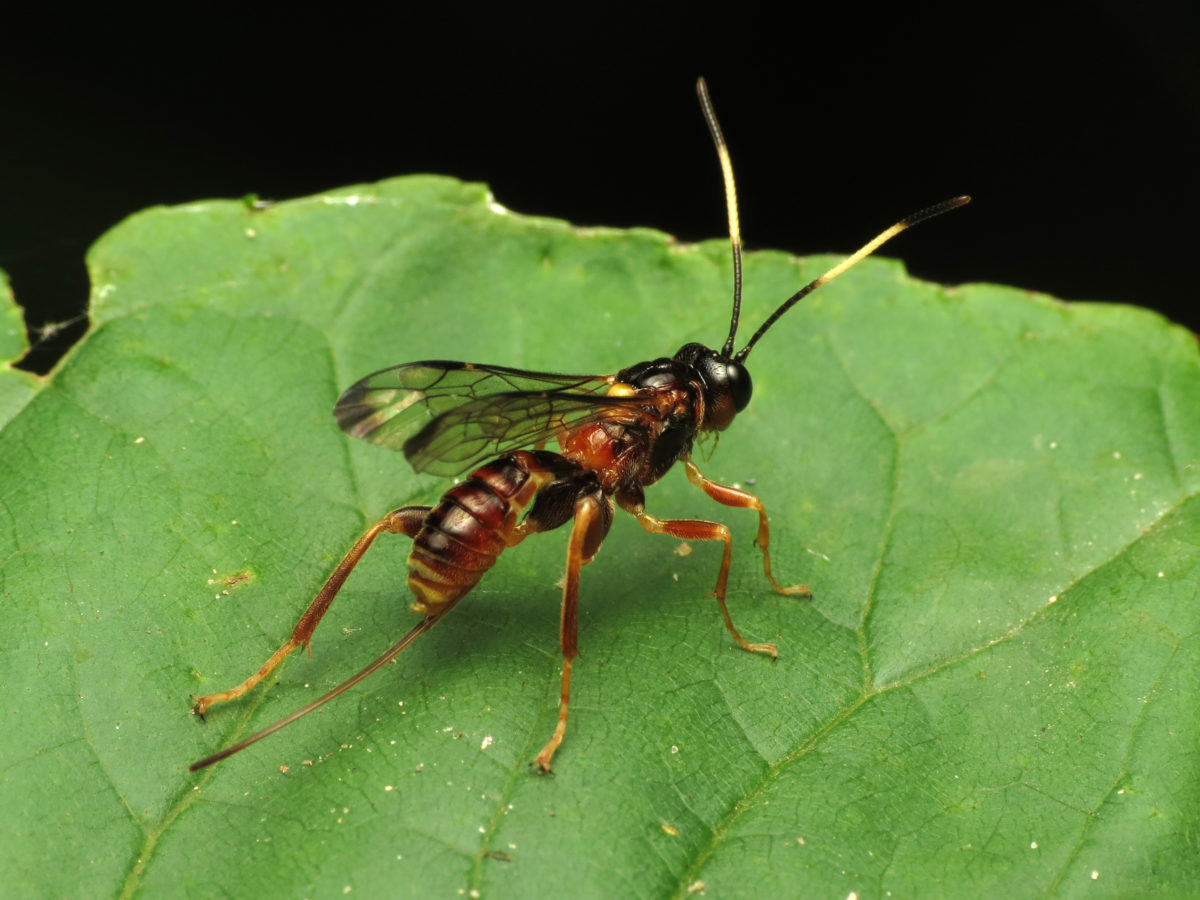
For organic growers, the tools to control pests are scarce. However, using insects to fend off pests may be a good option. Ayanava Majumdar, Alabama Cooperative Extension entomologist with Auburn University, has been studying the impacts of beneficials for years and is constantly getting questions from growers about how best to use these pest management tools.
Majumdar says beneficials, or natural enemies, are commonly classified as two types: parasitic wasps and predators. The parasitic wasps are small wasps that will lay their eggs in the eggs or larvae of pests. Once the wasps emerge, they will start feeding on the pests. As for the predators, Majumdar says most growers will recognize lady beetles as the most popular predator.
There are two ways to increase beneficial populations: by creating an ideal environment for them to come along naturally or by purchasing them.
ATTRACTING BENEFICIALS
Most farms will have
natural populations of beneficial insects, but to grow those numbers it is
recommended to reduce sprays and increase biodiversity on the farm. Majumdar
says that changing spray patterns can be a learning curve for growers, but in
the end, it will pay off.
“We all have lady beetle populations and lacewing populations, but to our ignorance and lack of knowledge, we end up killing and harming these insects,” Majumdar says. “The learning curve is to change your spraying practices and your crop rotation practices in a way that you protect and conserve those natural enemies.”
PURCHASING POINTERS
Majumdar offers some
recommendations for purchasing beneficials. Growers must be knowledgeable about
what they are buying. Many beneficials have specific host pests, so growers
want to be sure they are buying the correct natural enemies for the pests they
want to control. “If you misidentify it, you may purchase something wrong and
it will not work. It will lead to a lot of frustration,” Majumdar warns.
Releasing the purchased beneficials at the right time in the right numbers is important. “Don’t try to undercut or reduce the dosage,” Majumdar advises. The grower must have a good understanding of the beneficials’ and pests’ life cycles to determine the timing of purchase and release.
Furthermore, it’s important that growers keep in mind the beneficials are living organisms that need to be treated with care. When spreading the beneficials, Majumdar says growers should not treat them like fertilizer. He recommends placing them in small cups out in the foliage, letting them scatter at their leisure.
Purchasing beneficials early in the week is key as well. If purchased on Thursday or Friday, it’s possible the insects will sit in the mail for too long and die. So, making the purchase on Monday or Tuesday is a better bet for survival. Majumdar notes that some companies will ask when the grower wants the beneficials to be shipped.
Lastly, it is crucial to conserve beneficials. Growers can achieve this by reducing spray and increasing plant biodiversity, creating an ideal place for the beneficials to stay.
MORE RECOMMENDATIONS
According to
Majumdar, beneficials work better in a closed environment like a greenhouse or
a netted high tunnel. However, coverage is not required.
He has previously used multiple beneficial species at once, which brought good results. “For example, I like lacewing and lady beetle larvae a lot, and I’ll oftentimes use them with parasitic wasps and reduce my spraying,” Majumdar says. “That way I’m conserving the natural enemies and mixing it up, and I’m getting a full effect on the pest species.”
Majumdar says beneficials may not be the silver bullet for organic pest control, but they are a viable option. He recommends growers reach out to their local Extension office for updated information on beneficials for their region.
For more organic pest management tactics, visit VSCNews.com and type “Ayanava Majumdar” in the search bar.
This article was featured in the March issue of VSCNews magazine. If you would like to receive future issues of VSCNews magazine, click here.
Share this Post










